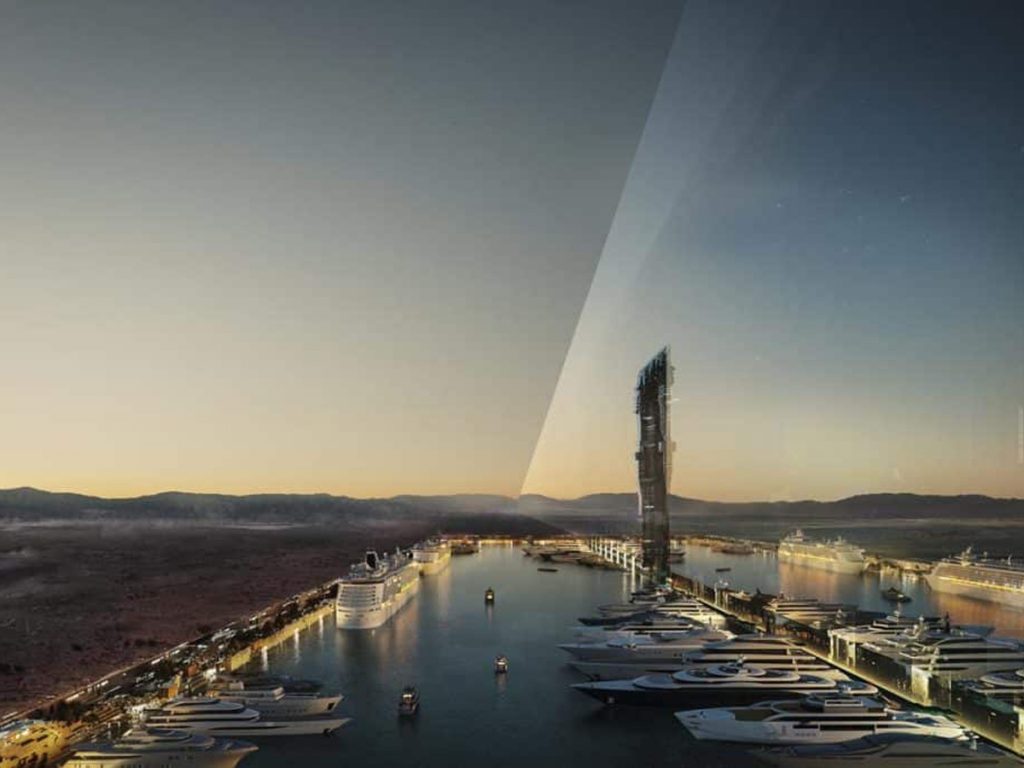NEOM, a futuristic city envisioned as a centerpiece of Saudi Arabia's economic diversification plan, has secured a significant financial boost. The project recently announced a $2.67 billion revolving credit facility (RCF) from a consortium of nine leading Saudi banks.
This financing package will provide NEOM with much-needed capital to propel its ambitious construction plans forward. The RCF functions as a short-term credit line, allowing NEOM to draw on funds as required to meet its ongoing financial needs.
The participation of nine prominent Saudi banks in this deal underscores NEOM's growing traction within the domestic financial sector. The consortium includes heavyweights like Saudi National Bank, Riyad Bank, and Saudi Awwal Bank, alongside Al Rajhi Bank, Alinma Bank, Arab National Bank, Bank Albilad, The Saudi Investment Bank, and Bank AlJazira.
Nadhmi Al-Nasr, NEOM's chief executive officer, hailed the agreement as a strategic milestone aligning perfectly with the project's overall funding strategy. He emphasized NEOM's commitment to exploring a diverse range of funding avenues to support the development of groundbreaking infrastructure and contribute to the success of Saudi Arabia's Vision 2030 program, a national economic transformation initiative.
This latest development comes on the heels of another significant NEOM funding announcement. Earlier, the project secured a SAR 23 billion (roughly $6.13 billion) agreement with its partners to establish the NEOM Green Hydrogen Company. This dedicated entity aims to position NEOM as a global leader in the production of green hydrogen, a clean-burning fuel seen as instrumental in the fight against climate change.
By securing these substantial financial commitments, NEOM is demonstrating continued progress in materializing its ambitious vision. The project's backers remain confident that NEOM will eventually transform into a thriving center for innovation, attracting businesses and talent from around the world.
However, NEOM also faces substantial challenges. The project's sheer scale and technological complexity raise questions about its feasibility. Critics also raise concerns regarding the environmental impact of such a large-scale development and the potential displacement of local communities.
NEOM's success hinges on its ability to navigate these challenges effectively while delivering on its promises of economic diversification and technological advancement.

